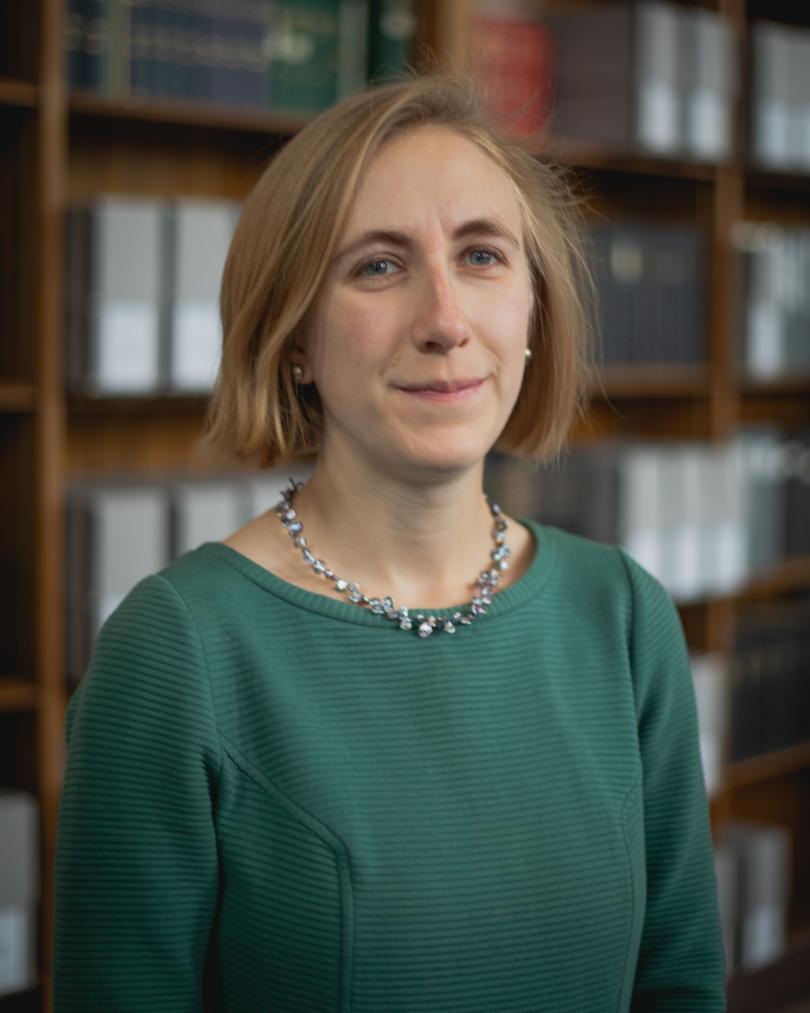Thanks to UK Help, Graduate Student Clears Hurdles to a Doctorate in Mathematics
By Richard LeComte
LEXINGTON, KY. — On his college track team, Daniel Plaugher faced a lot of hurdles — mainly because he was a hurdler. When he started graduate studies in mathematics at the University of Kentucky, he faced more hurdles, this time of the academic kind. He found that he needed to do a lot of work in abstract mathematics to catch up to the levels of knowledge the program demands.
Incubator Reading Series
Free and open to the public. Come hear undergrads, MFA students, and faculty read from their work! Akhira Mahal Clay Shields Jazmin Witherspoon Special guest faculty reader: Prof. Julia Johnson Limited open mic spots available! First come first serve!
UK to award Virginia Bell, Nikky Finney with honorary degrees
LEXINGTON, Ky. (Dec. 13, 2022) — The University of Kentucky Board of Trustees has approved honorary degrees for two citizens who have distinguished themselves in their careers and community service. The recipients are Virginia Marsh Bell and Nikky Finney.
2023 Department of English Undergraduate Showcase


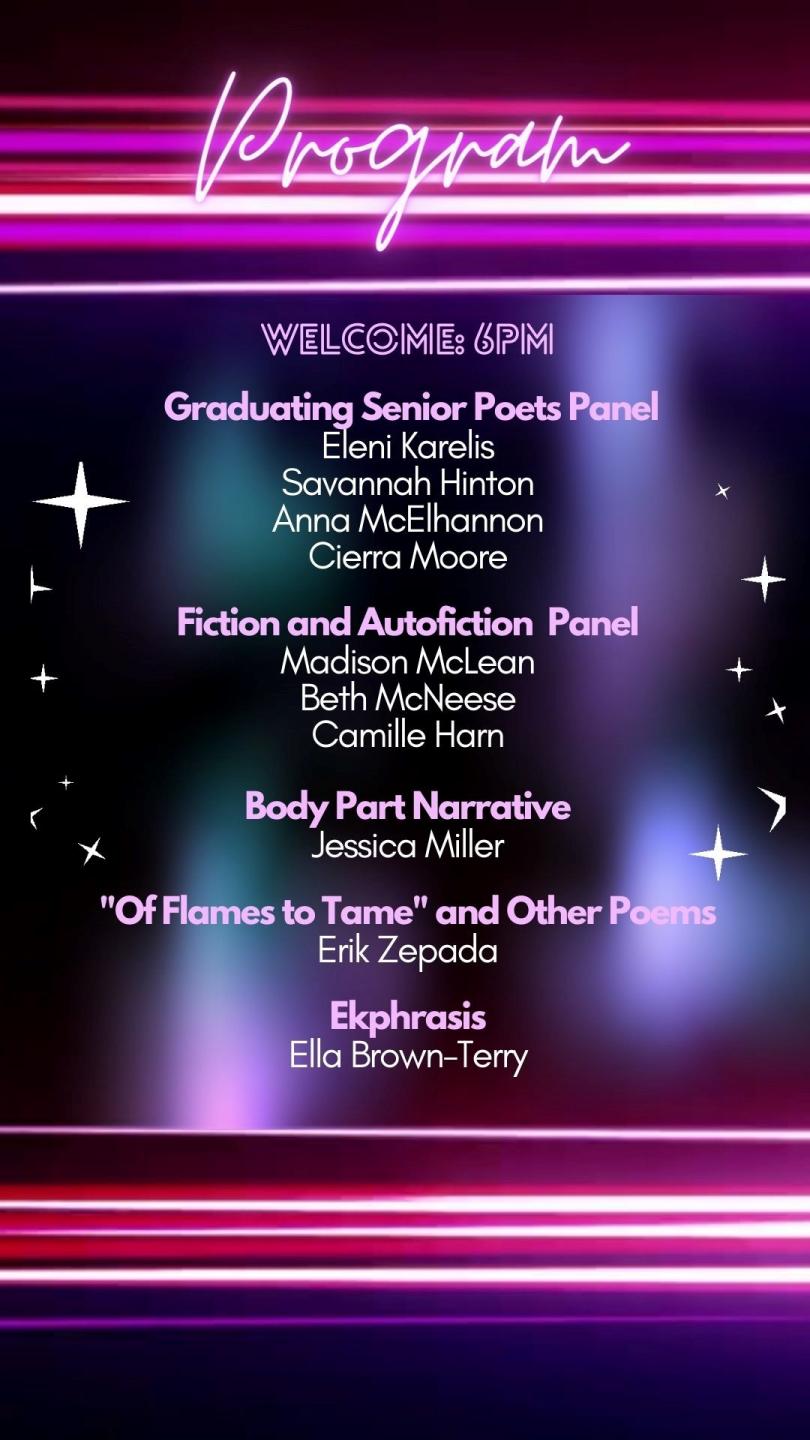

Organic Semiconductor Thin Films: Crystal Growth and Interactions With Halide Perovskites
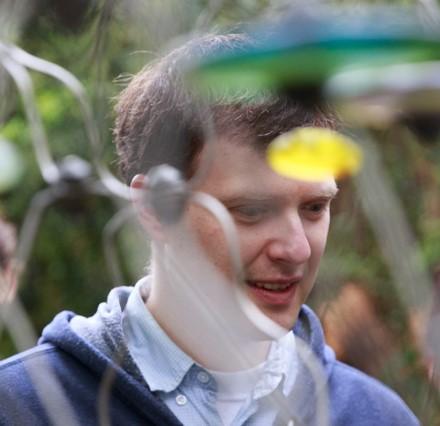
Abstract: In this seminar, we will focus on our recent work on two different thin film systems – metal halide perovskites and organic semiconductors.For one, through proper control of processing, we are able to realize pinhole free organic semiconductor films with single crystal grains with mm dimensions. We have found that transport in these films is considerably improved compared to disordered films, and that organic solar cells incorporating these long-range-ordered films exhibit highly delocalized, and band-like charge transfer (CT) states, contributing to noticeably lower energy losses. We will discuss these aspects and our understanding to-date of which molecules are amenable to the formation of such films, and how to propagate their growth. Also, organic hole transport materials (HTMs) are ubiquitous in halide perovskite solar cells, but what is less well known is that shallow HTMs that facilitate hole extraction from the perovskite also enable halogen transport. We will present our understanding of this phenomenon, as well as impacts to devices with regard to Au diffusion.
Bio: Barry Rand earned a BE in electrical engineering from The Cooper Union in 2001. Then he received MA and PhD degrees in electrical engineering from Princeton University, in 2003 and 2007, respectively. From 2007 to 2013, he was at imec in Leuven, Belgium, ultimately as a principal scientist, researching the understanding, optimization, and manufacturability of thin-film solar cells. Since 2013, he is in the Department of Electrical Engineering and Andlinger Center for Energy and the Environment at Princeton University, currently as a Professor. Prof. Rand’s research interests highlight the border between electrical engineering, materials science, chemistry, and applied physics, covering electronic and optoelectronic thin-films and devices. He has authored over 160 refereed journal publications, has 25 issued US patents, and has received the 3M Nontenured Faculty Award (2014), DuPont Young Professor Award (2015), DARPA Young Faculty Award (2015), and ONR Young Investigator Program Award (2016).
Chemistry Graduation Celebration
The Department of Chemistry hosts an annual Graduation Celebration and Awards Ceremony to recognize the outstanding achievements of our students on an annual basis.
For a list of recipients and graduates, please refer to the 2023 Graduation Celebration Program.
48th Annual Naff Symposium
|
Oxidative Stress in Neurodegeneration: Focus on Alzheimer Disease Schedule of Events - April 21, 2023 |
|
|---|---|
| 8:00am |
Registration and Continental Breakfast |
| 8:30am |
Welcome - Dr. Eli Capilouto, President, University of Kentucky Dr. Robert DiPaola, Provost, University of Kentucky Dr. Lisa Cassis, Vice President for Research, University of Kentucky Dr. Ana Franco-Watkins, Dean, College of Arts and Sciences, University of Kentucky Dr. Mark Lovell, Chair, Department of Chemistry, University of Kentucky Dr. D. Allan Butterfield, Organizer, 48th Naff Symposium, University of Kentucky |
| 9:00am |
Prof. Barry Halliwell, National University of Singapore |
| 10:15am |
Prof. Marzia Perluigi, Sapienza University of Rome |
| 11:30am |
Lunch & Break |
| 1:30pm |
Prof. Mark Mattson, Johns Hopkins University |
| 3:00pm |
Poster Session |
| 4:15pm |
Presentation of Poster Awards |
| 4:30pm |
Close of the 48th Naff Symposium |
|
Speakers |
|
|---|---|
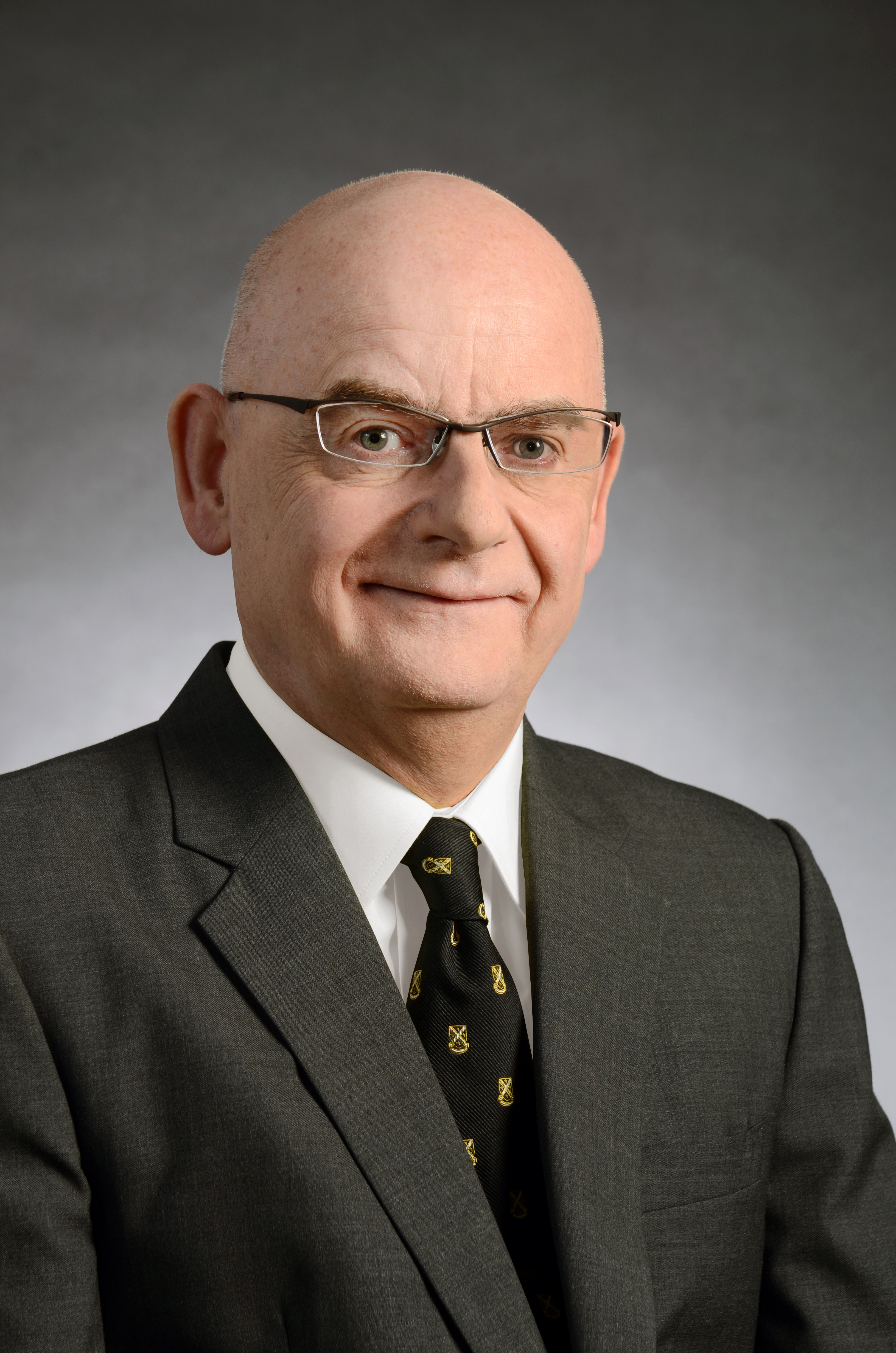 |
Prof. Barry Halliwell National University of Singapore D. Phil. (Oxford), D. Sc. (London) Chairman, BMRC Advisory Council (BMAC), Agency for Science, Technology & Research (A*STAR) Distinguished Professor, Department of Biochemistry , National University of Singapore (NUS) Senior Advisor, Academic Appointments and Research Excellence, Office of the Senior Deputy President and Provost, NUS Program Leader, Neurobiology Research Program, Life Sciences Institute Professor Halliwell graduated from Oxford University with BA (first class honours) and D.Phil degrees. He holds a Doctor of Science degree from the University of London. He was a faculty member with King’s College London (1974-2000) and held a prestigious Lister Institute Research fellowship. He was a Visiting Research Professor of Internal Medicine and Biochemistry at the University of California Davis (1995-1999). He now holds several key positions in Singapore, as indicated above. Professor Halliwell is recognized for his seminal work on the role of free radicals and antioxidants in biological systems, being one of the world’s most highly-cited researchers with a Hirsch-Index of 168 (Based on Scopus, Jan 2023). His Oxford University Press book with John Gutteridge, Free Radicals in Biology and Medicine, now in its fifth edition (2015), is regarded worldwide as an authoritative text. He was honored as a Citation Laureate (2021) for pioneering research in free-radical chemistry including the role of free radicals and antioxidants in human disease. The distinction is awarded by Clarivate to researchers whose work is deemed to be of “Nobel Class” as they are among the most influential, even transformative, in their fields. He was one of 16 scientists (only three in Chemistry) listed in the 2021 Hall of Citation Laureates. |
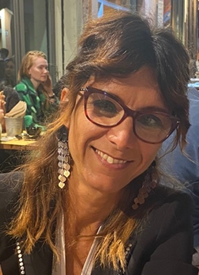 |
Prof. Marzia Perluigi Sapienza University of Rome Marzia Perluigi, PharmD, Ph.D., Head of Laboratory of Redox Biochemistry in Neuroscience (LRBN). Professional appointments: Professor of Biochemistry, Department of Biochemical Sciences “A. Rossi Fanelli" – Medical School Sapienza University of Rome. Fields of Expertise: Biochemistry and cell biology. The major research interest is the study of the role of oxidative stress in Down Syndrome (DS) and Alzheimer Disease (AD). Projects involve both the analysis of post-mortem brains, biological fluids, and cellular and animal models of the diseases. Current projects focus on defects of energy metabolism, failure of protein quality control (UPS and autophagy), impairment of mitochondrial activity, both in DS and AD. Further, preclinical studies are ongoing to test the neuroprotective effects of selected compounds able to prevent/slow the onset of dementia. |
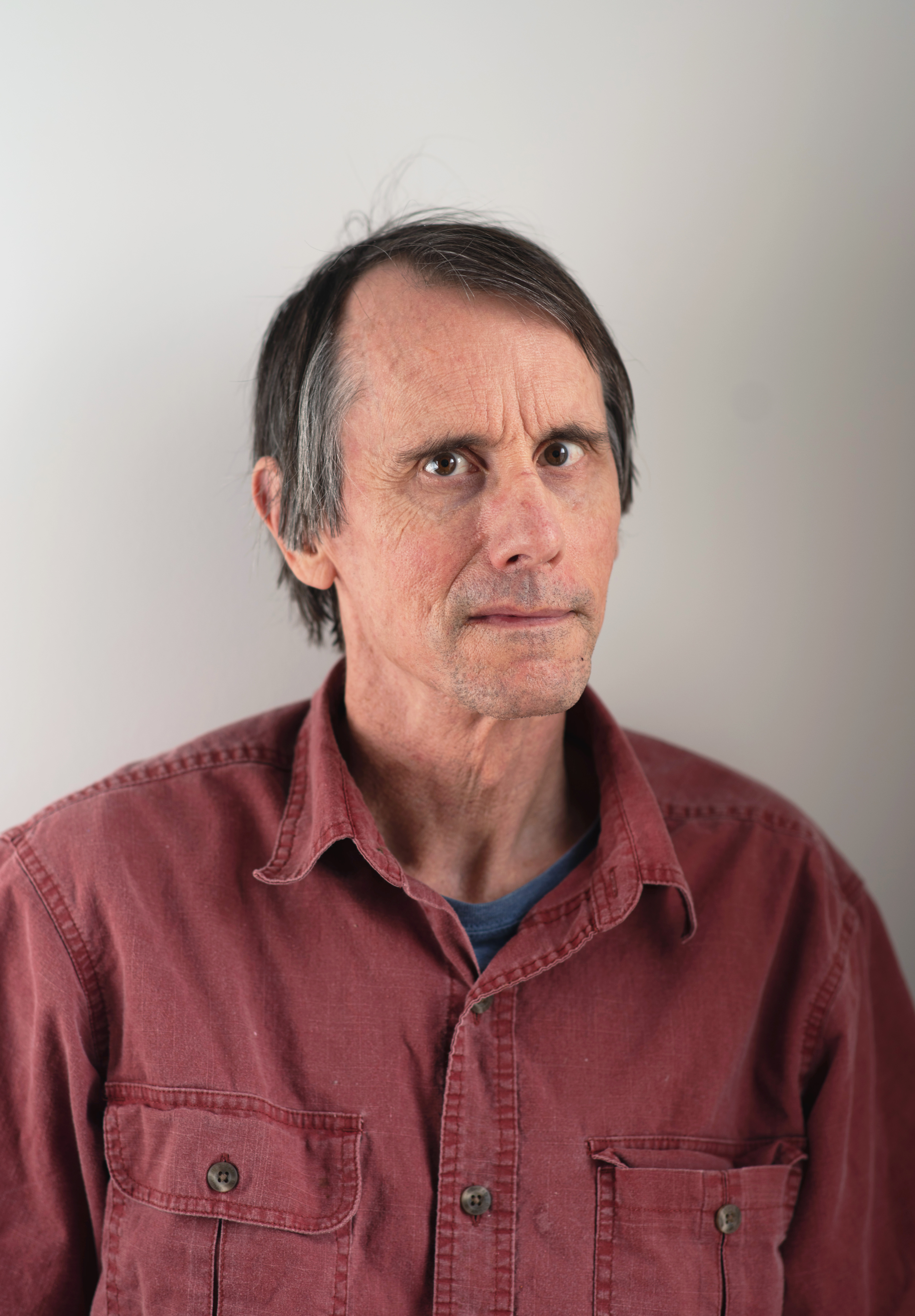 |
Prof. Mark Mattson Johns Hopkins University Mark Mattson is the former Chief of the Laboratory of Neurosciences at the National Institute on Aging and is now on the faculty of Neuroscience at Johns Hopkins University School of Medicine. His research has advanced an understanding of the cellular signaling mechanisms that control the formation and plasticity of neuronal networks in the brain, and cellular and molecular mechanisms of brain aging and neurodegenerative disorders. His research has also elucidated how the brain responds adaptively to challenges such as fasting and exercise, and he has used that information to develop novel interventions to promote optimal brain function throughout life. Dr. Mattson is among the most highly cited neuroscientists in the world with more than 900 publications and 200,000 citations. He was elected a Fellow of the American Association for the Advancement of Science and has received many awards including the Metropolitan Life Foundation Medical Research Award and the Alzheimer’s Association Zenith Award. Mattson is the author of the book "The Intermittent Fasting Revolution: The Science of Optimizing Health and Enhancing Performance." |
On Thursday, April 20th, the day before the Naff Symposium, the Chemistry Department also is hosting a Roundtable seminar involving three Department of Biochemistry faculty members from the Sapienza University of Rome, all of whom do research on Alzheimer disease and Down syndrome (persons with DS nearly always exhibit Alzheimer disease neuropathology in brain and dementia later in life). Prof. Marzia Perluigi, one of our Naff Symposium presenters, also is from the Department of Biochemistry at the Sapienza University of Rome. This Roundtable seminar will begin at 1:30 pm in CHEM-PHYS Room 114 with a Q&A session from 2:30-3:00 pm.
Click here for more information about the event.
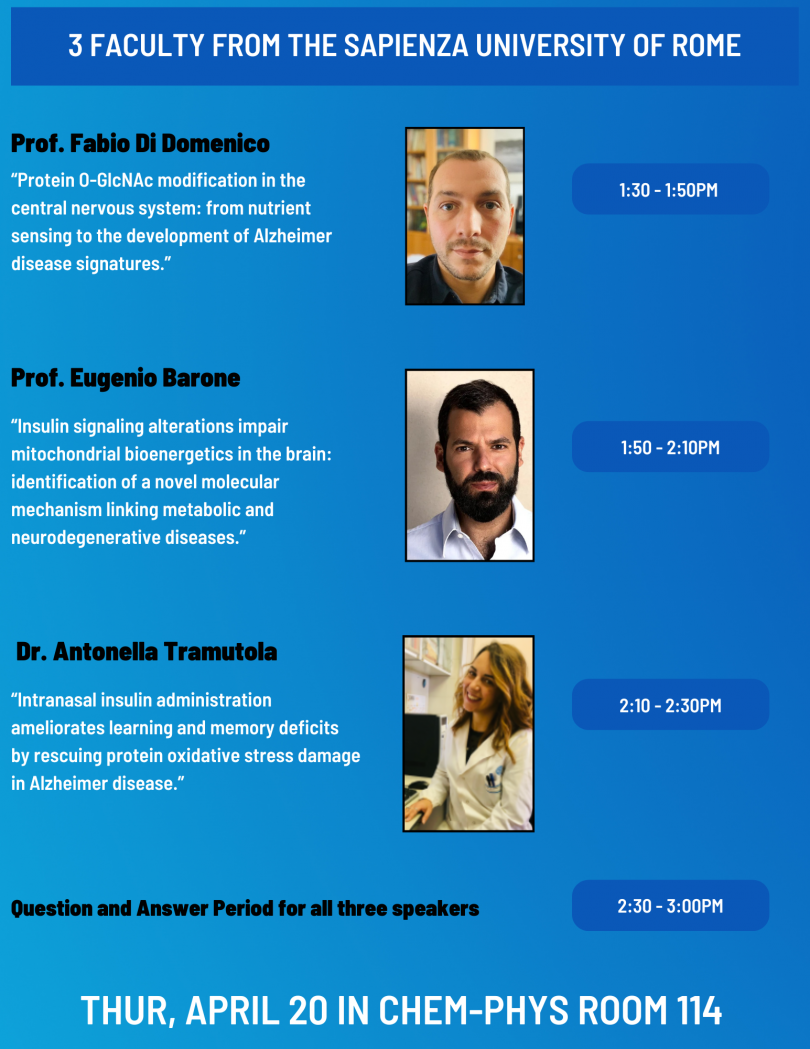
2023 Naff Symposium Committee
Prof. Allan Butterfield - (Chemistry) [Chair]
Prof. Marcelo Guzman - (Chemistry)
Prof. Daret St. Clair - (Toxicology/Cancer Biology)


